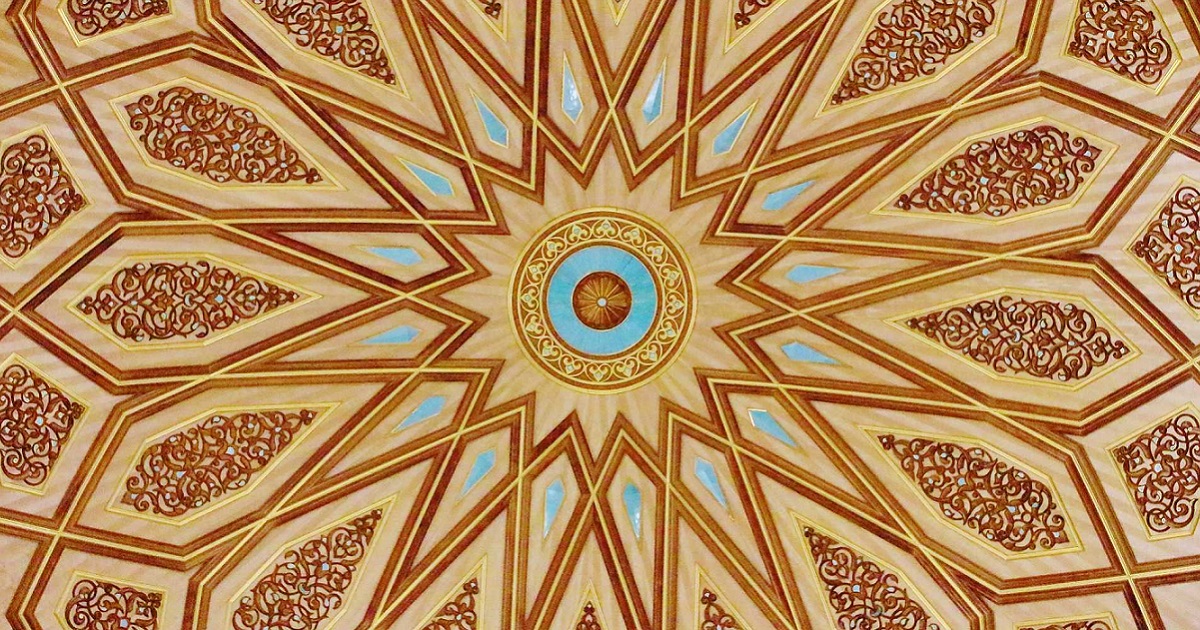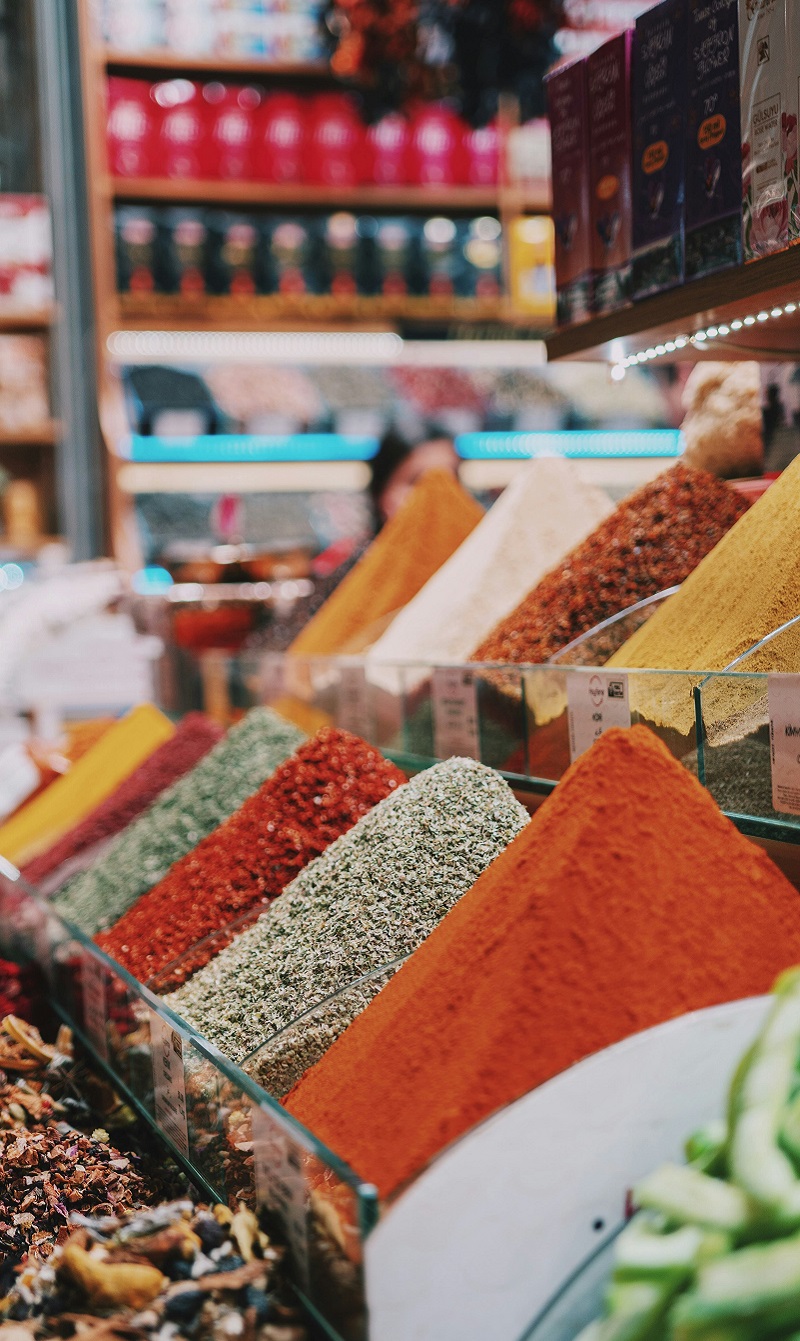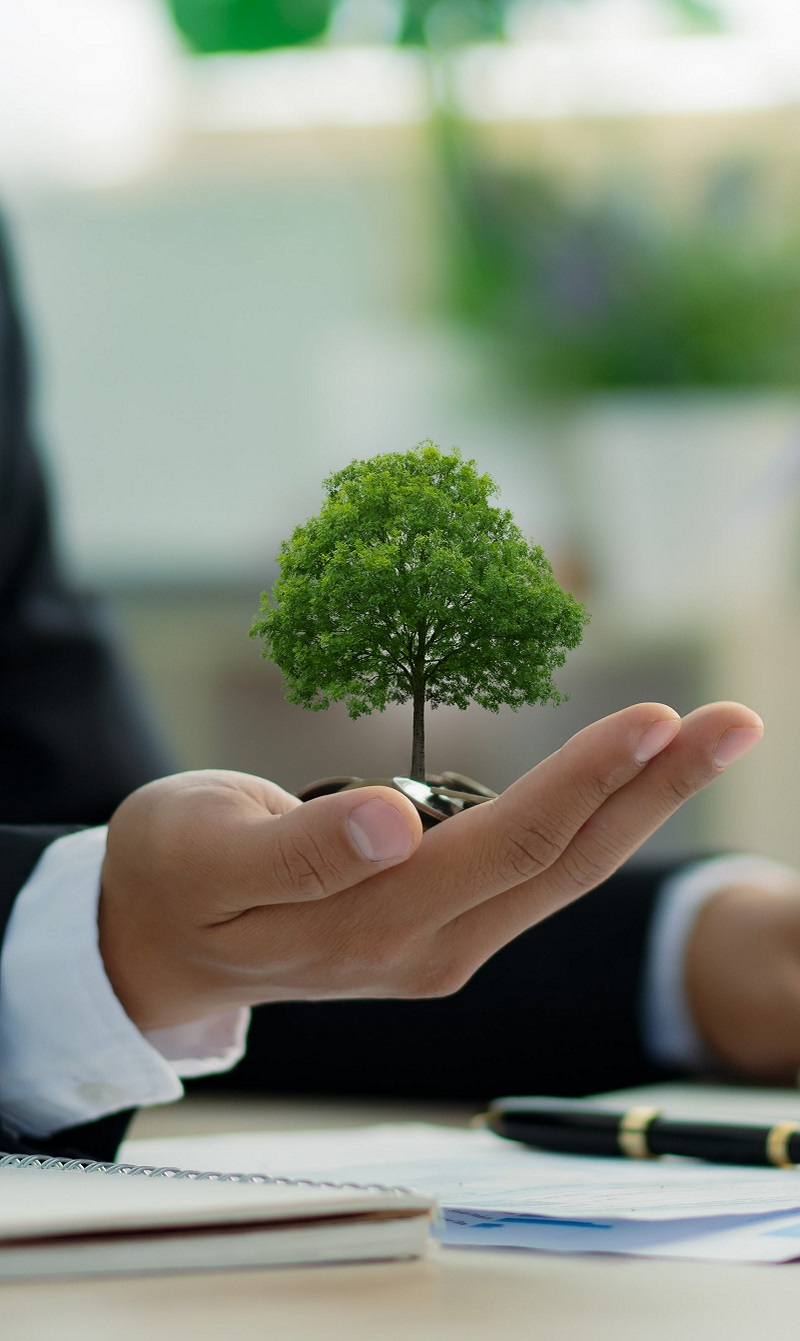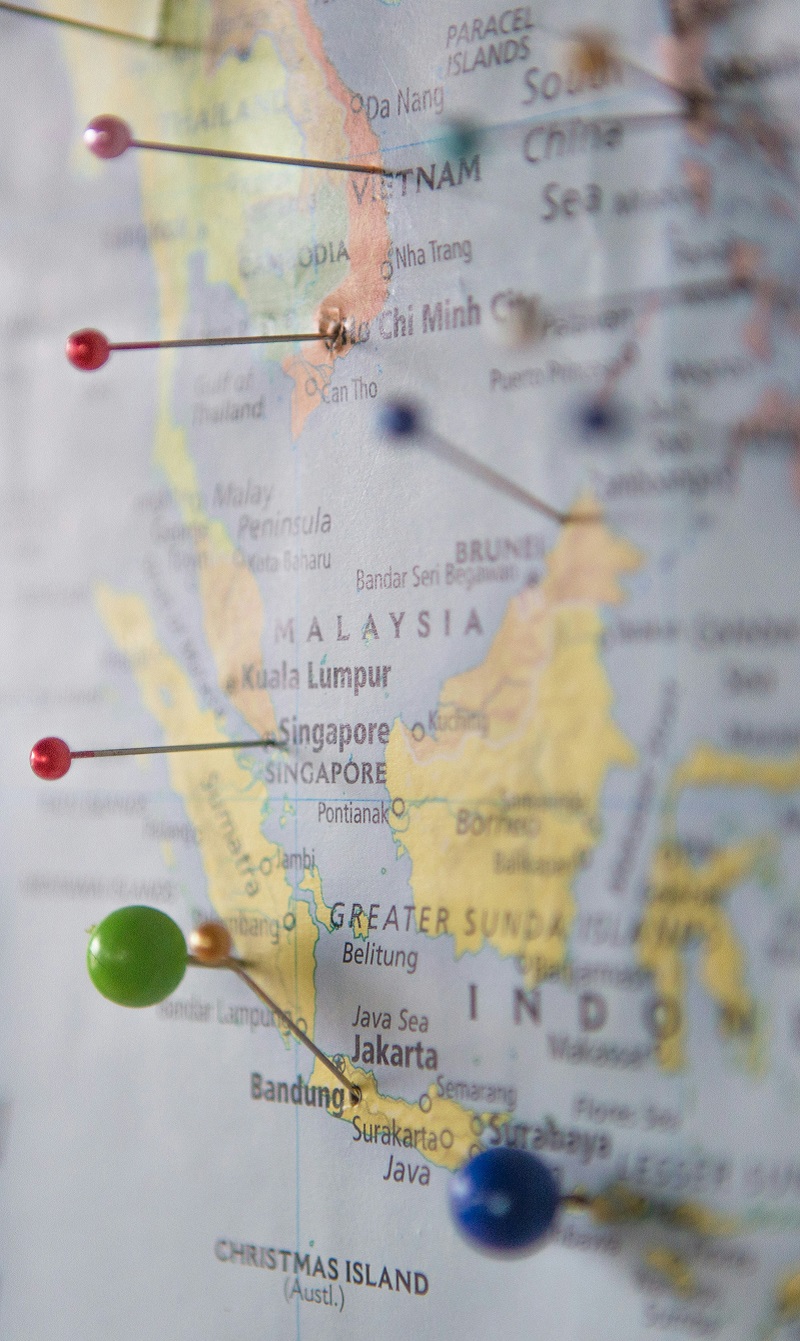Development of Halal Standards
Known as the halal scientist and avowed in the field of halal research, Professor Dr Irwandi Jaswir writes on the halal standards, the regulators and concerns, prior to his session at the WIEF-SEACO Foundation Roundtable in Dhaka on 29 October 2019.
Halal standards are official references to be used in conducting halal certification. Halal standards are developed for each sector of the industry, such as food, cosmetics, abattoirs, restaurant kitchens, Muslim friendly tourism and the like. It begins by identifying all the halal critical control points. All stakeholders are normally involved in the developing the standards. As an illustration, the halal food standards provide practical guidance for the food industry on the preparation and handling of halal food including nutrient supplements, and to serve as a basic requirement for halal food product.
Since halal standards are developed by a particular country, therefore, those halal standards are only applicable in that country. Presently, several halal standards are being implemented internationally. A research on the current halal standards shows that there’s an increasing awareness in countries and organisations globally in establishing their own halal standards. Therefore, it isn’t surprising to find within a country the availability of more than one halal certification bodies with the likelihood of having more than one set of halal standards. This trend is of a grave concern to the halal industry players especially practitioners, stakeholders, shariah advisors in general and Muslim customers in particular.
Three Scenarios of the Halal Standards
Some Islamic countries such as Malaysia and Indonesia, the halal standards are established and set by the standard bodies of the respective countries. These halal standards are then implemented by the certification bodies. Some countries share the standards. Halal standards by Standards and Metrology Institute for Islamic Countries (SMIIC) of OIC are adopted by many countries.
In certain non-Muslim majority countries, halal standards aren’t established by any regulating bodies. This is due to the fact that most government of non-Muslim majority countries are ignorant or oblivious of issues related to the halal industry. Instead of establishing a new set of halal standards and implementing them through the local certification bodies, some prefer to adopt halal standards certified internationally by Malaysia, Indonesia or SMIIC, which are often taken as the international reference.
The worst-case scenario is when countries don’t have official halal standards when implementing halal certification. These are countries that are oblivious to the halal issues affecting the minority Muslim population in the country and the governments don’t condone the adoption of the Standard Operation Procedure (SOP) of implementing halal certification and halal auditing. This practice negates the spirit and virtues of the shariah without a clear, and defined, halal standards that are binding to the whole nation, especially its Muslim community.
Issues Halal Standards Face
The issue of establishing international halal standards as a single regulatory body or harmonising the halal standards internationally has been widely discussed globally for several years. The ideal scenario is to agree on one set of halal standards which is globally recognised and accepted by relevant regulating bodies in every country. After years of ideation, drafting and implementing the framework globally, ISO is one example of standards that are adopted and globally recognised by all countries. However, I believe, realising this vision is still far from reality.
Most importantly, while this lackadaisical attitude is due to the disparity and disagreement within Muslim communities throughout the world on different interpretations of various issues of Islamic jurisprudence by various Muslim sects, the exclusivity of the standards as the best standards acclaimed by some countries may lead to an unfriendly competition among countries to adopt the so-called best halal standards. This isn’t a healthy development and this phenomenon will divide the Muslim world further. Thus, depriving Muslim minority in non- Muslim majority countries of consuming and devouring halal products.
An interesting example involves a friend from Korea who has a JAKIM (Department of Islamic Development Malaysia) certification, for her cosmetic products. However, when she attempts to enter the Indonesian market, she has to obtain an Indonesian halal certification, such as LPPOM MUI (Assessment Institute for Foods, Drugs and Cosmetics of Majelis Ulama Indonesia). It prompts her to ask: what’s the difference between Islam in Malaysia and in Indonesia?
My observation on the recognition of other certification bodies from other countries indicates that many countries are more than willing to adopt the certification from other countries. I also find that different interpretations by various Muslim sects hover around less than 10 per cent of all the issues in Islamic jurisprudence. Therefore, a strong political will by all governments has to be in place, albeit a daunting task, to realise the vision of one set of halal standards and certification governing the whole world.
Ramifications and a Solution
Differing halal standards across the globe will cause halal businesses and the halal industry to be affected badly. With no single standard rulebook for halal standards and certifications, coupled with multiple halal trademarks and logos, businesses and consumers are in a quandary. I frequently mention that for a business to market its products in three different countries with three different halal standards and halal logos means that it has to go through three processes of certification. After obtaining the certification, the business has to print different halal trademarks on its products for sale in each of the three countries. It’s tedious, cumbersome and incurs unnecessary cost for the business.
The unavailability of a set of universal halal standards has dampened the spirit of companies to enter the international market because of its implications on the cost of starting and running the business in the country. The loss of time of getting the halal certification the additional cost incurred is a setback to the halal industry. Indirectly, it has jeopardised the reputation of Islam. Therefore, a high level of harmonisation of different halal standards must be pursued and realised by all countries, with the Islamic countries setting the directions for one set of halal standards that’s acceptable and recognised globally.
Today and Yesterday
According to Adroit Market Research, the global halal market size was valued at USD4.55 trillion in 2017. It’s the fastest growing industry and it’s showing an exponential growth ranging from 8 – 10 per cent. In the past decade, the Muslim population has increased by nearly 18 per cent and its phenomenal increase is expected to boost the global halal product market demand. Economic development of leading Islamic countries such as Indonesia, Malaysia, India, Pakistan, Nigeria and Iran, is expected to grow the global halal product market reach over the coming years, judging by the increase in the disposable income of these countries. Thus, the burgeoning increase in the global Halal market is expected to reach USD9.71 by 2025 as forecasted by a market research company.
In terms of advancing the halal industry, technology plays a key role. Technology is the backbone of any industry. Advancement in technology and investment will ensure the sustainability of the industry as well as increase its market concentration. The advancement in halal materials, such as nano materials, halal authentication, halal supply chains and system, IT, blockchain as well as big data, play important roles in maintaining halal standards and quality.
The countries that are advanced in technology will have the competitive edge in the industry. For instance, the use of the new halal food testing technology by France and nanosensor technology kit for halal detection in Malaysia are testimonies to the level of standard and quality that countries are trying their best to maintain.
Popularity of Halal Industry in Non-Muslim Markets
Halal industry is becoming popular in non-Muslim markets probably because they don’t want to be left behind to capture the lucrative industry. It’s a huge market with a growing Muslim population coupled with the rise in halal certifications and these non-Muslim markets want to capture it. From my observation, some of these countries are able to obtain government support through government grants, subsidies, incentives and tax holidays. Therefore, encouraging businesses to enter the halal industry.
Halal products are also seen to have more quality and deemed as healthier. For instance, a study to determine the total number of criteria (score) required by each organisation to grant halal certification to its clients shows that JAKIM is found to be adopting the most stringent requirements in terms of obtaining halal certification. Therefore, it isn’t surprising that the JAKIM halal certification is internationally recognised.
The Next Big Step for the Halal Industry
Halal e-commerce and Muslim friendly tourism are its next big steps. I believe, these two sectors will bring halal industry to the next level. Not forgetting other fast-growing industries that will result in a USD9.17 trillion global halal market in 2025 such as food and beverage, Islamic fashion, pharmaceutical, cosmetics, Islamic finance, media and recreation, as reported by Adroit Market Research. I urge Muslim countries to grab this opportunity.
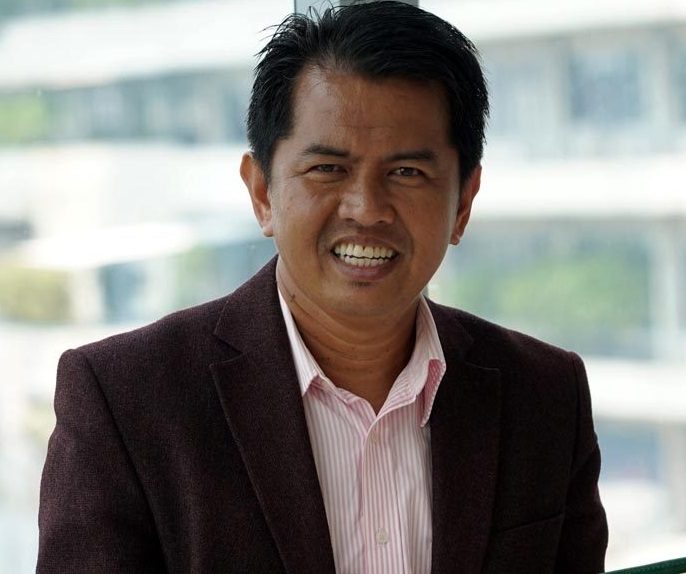
What to Expect during WIEF-SEACO Foundation Roundtable
During my session at the Roundtable in Dhaka, I’ll cover the topic on technological advancement as well as the important role of science and technology in supporting and sustaining the halal Industry. With my 20 years of experience researching the field of halal science coupled with my vast engagement with the halal industry players and practitioners through talks, seminars, conferences as well as consultations, and to a certain extent involving in the setting up of a halal food testing technologies in various industries in several countries, I’ll share with the participants on what more are needed to step up halal quality and standard. Also, address issues in the area that they’re lacking in.
WIEF-SEACO Foundation Roundtable focuses on the topic of Regional Collaboration: Transforming Economies and will be held in Dhaka, Bangladesh, on 29 October 2019. To register as a participant, visit this link.
Read other event speakers’ interviews here and here.
Read about regional collaborations here.
Main photo by Abdullah Shakoor from Pixabay.
